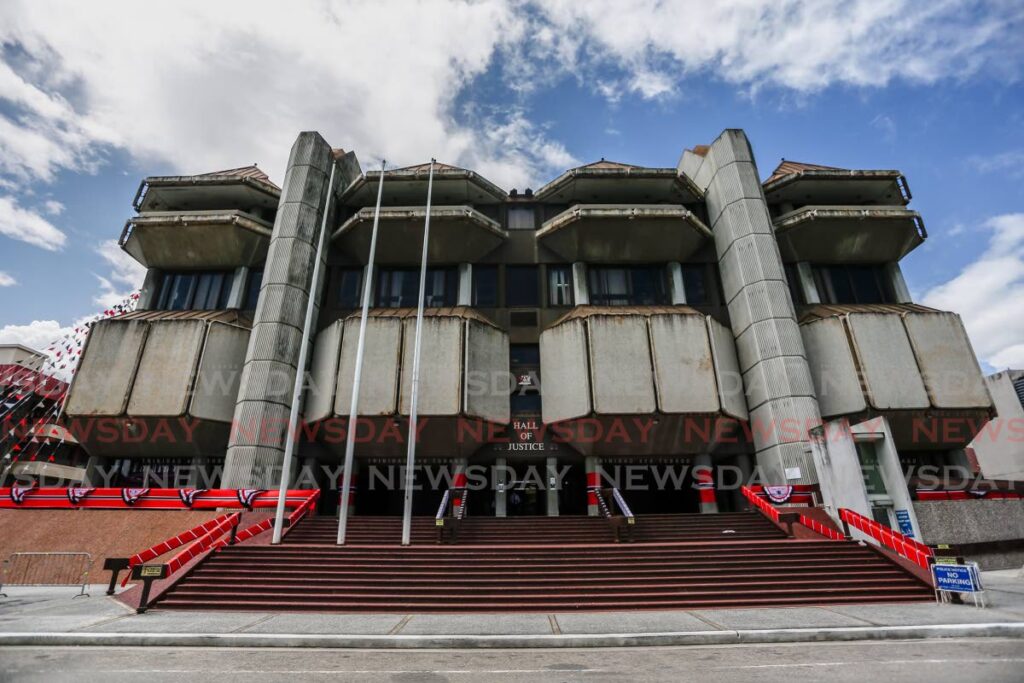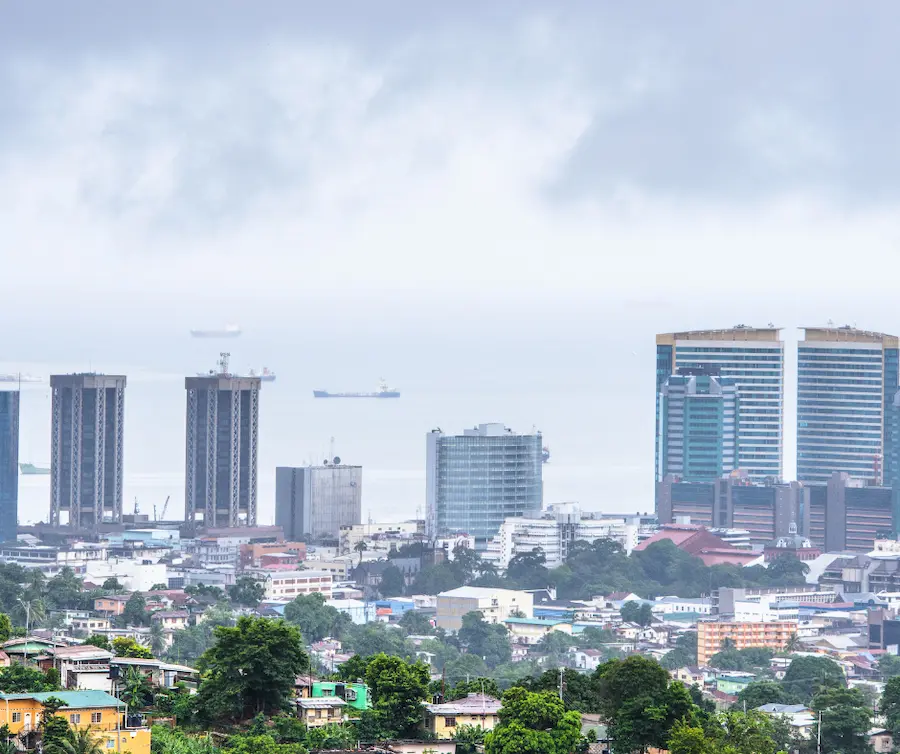

The Law Association has said it sincerely hopes the objectives of the state of emergency (SoE) will be realised in the shortest possible time as it noted, “Nefarious gang violence may be the target of the prescribed treatment, but the corpus of our citizenry must also endure the treatment.”
The association sent a statement on January 2 on the declaration of a state of emergency on December 30 over gang-related violence.
The state of emergency was invoked to counter threats to public safety and disruptions to essential services.
The LATT acknowledged that gang-related activity posed a significant risk to national security, with reports of communities being controlled by gang factions, extortion of service providers, and even health workers being caught in the crossfire. These conditions, the association said, highlight the severe and pervasive nature of the issue.
“The murder toll for 2024 reached a historic high and utterances made by the honourable acting Attorney General of Trinidad and Tobago and the honourable Minister of National Security when the SoE was declared, suggested that the Government and the police had reason to believe that recent gang-related murders were likely to provoke retaliatory action and that the declaration of a SoE was necessary to treat with a feared further escalation in violent activity.
>
“This, of course, is a judgment call that is the Government’s to make. In recent times, what has been reported as gang-related violence has undoubtedly provided a direct threat to the safety of the citizenry of this country."
While recognising the government’s judgment in declaring the state of emergency, the LATT expressed concern about the suspension of fundamental constitutional rights.
“The Government and the police, with the declaration of a SoE, are now permitted, in treating with the problem, to act in a manner which is not consistent with the fundamental rights and freedoms afforded to the citizenry under Part 1 of the Constitution.”
The emergency regulations grant extensive powers to law enforcement, including detentions, restrictions on movement and limitations on speech deemed prejudicial to public order.
The regulations also provide for the setting-up of a tribunal to receive complaints from anyone detained under the SoE. The Chief Justice appoints members of the tribunal.
Newsday understands three attorneys were approached to sit on the tribunal, but two declined, citing conflicts of interest. Two other senior counsel, also approached, also declined.
The judiciary asked for additional time to respond to Newsday’s questions on the appointment of the tribunal.
Related News

Valencia man shot outside home in midnight attack

Analyst on PM’s plan to resign: Rowley putting PNM under pressure

From Pointe-a-Pierre to Claxton Bay – Residents divided about proposed EBC name change


